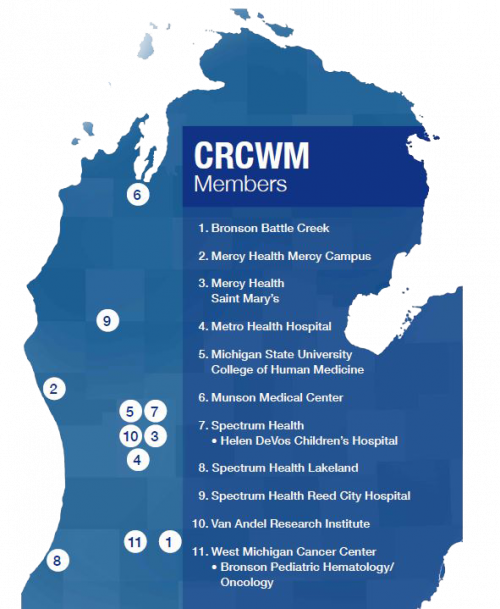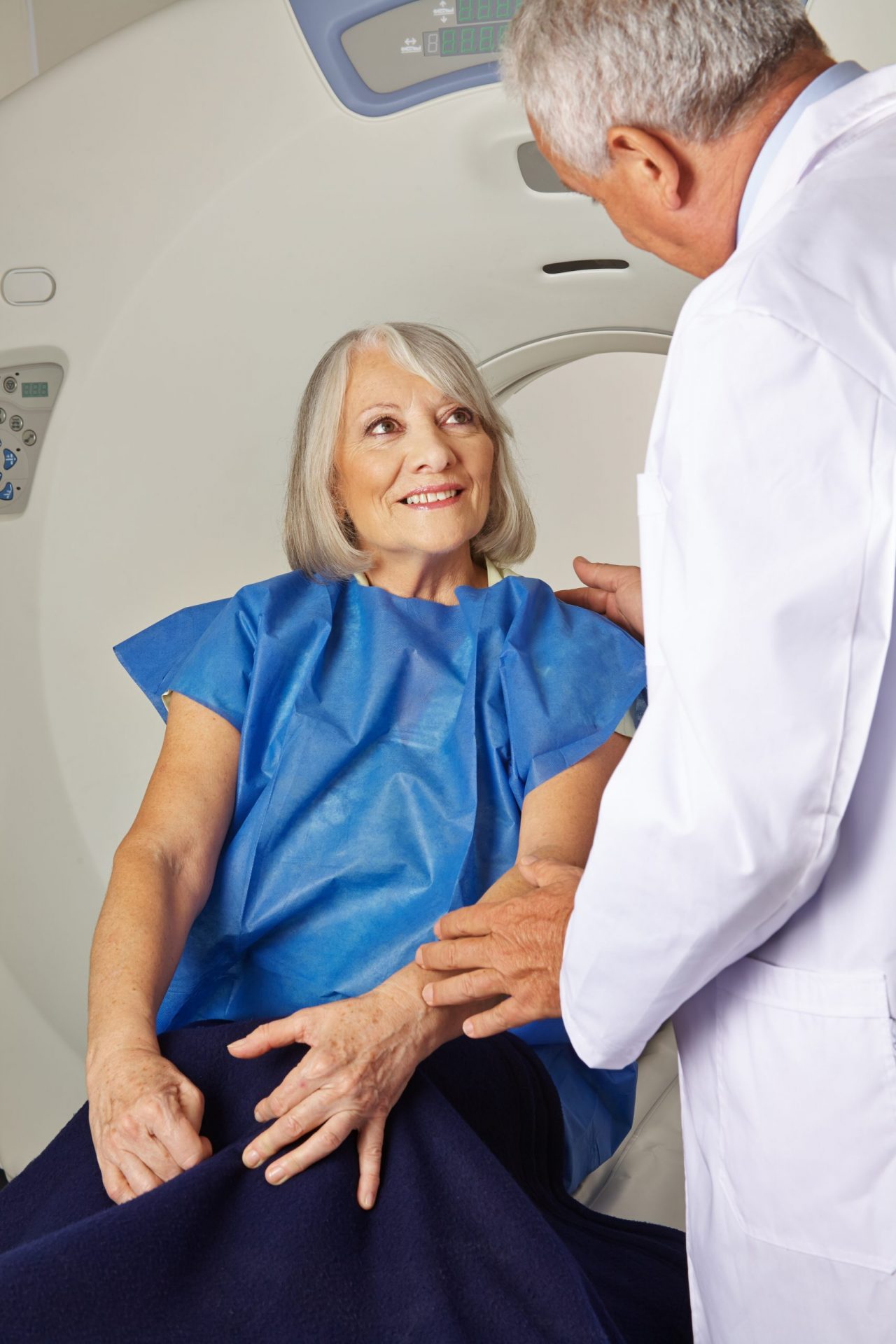
Institution Spotlight: Cancer Research Consortium of Western Michigan
July 29, 2020
Now Enrolling: EA2186 / GIANT for Advanced Pancreas Cancer in Older Adults
July 29, 2020EA Launches Anti-Racist Agenda with Health Equity Inaugural Meeting


On Friday, June 26, the ECOG-ACRIN group co-chairs, together with the Health Equity Committee Chairs, hosted the Health Equity Inaugural Meeting: Moving to an explicitly anti-racist ECOG-ACRIN agenda. Nearly 350 people attended the virtual event, the first in a series focused on issues related to racism and health disparities in cancer research. A recording of the webcast is now available to view on demand.
The meeting began with a brief introduction by Group Co-Chairs Drs. Peter O’Dwyer and Mitchell Schnall, during which they acknowledged the importance of recognizing and rethinking racism, both within ECOG-ACRIN and beyond. Their call to action was clear: ECOG-ACRIN members must identify and pursue ways to make progress, not just by promoting health equity, but also by actively opposing racism. Following this introduction was a series of thought-provoking presentations, as follows.
 First, Dr. Edith Mitchell (Thomas Jefferson University), Co-Chair of the Health Equity Committee, reviewed the goals of the Group in pursuing an anti-racist agenda. She summarized the causes of health disparities, noting that while genes undoubtedly play a role in the development of various cancers, the gene environment can be significantly influenced by poverty/low economic status, culture, and social injustice. All three of these areas must be addressed in order to achieve cancer care equity. Dr. Mitchell also stressed the importance of cultivating a diverse oncology workforce – particularly given that underrepresented/minority doctors often return to serve their neighborhoods and communities.
First, Dr. Edith Mitchell (Thomas Jefferson University), Co-Chair of the Health Equity Committee, reviewed the goals of the Group in pursuing an anti-racist agenda. She summarized the causes of health disparities, noting that while genes undoubtedly play a role in the development of various cancers, the gene environment can be significantly influenced by poverty/low economic status, culture, and social injustice. All three of these areas must be addressed in order to achieve cancer care equity. Dr. Mitchell also stressed the importance of cultivating a diverse oncology workforce – particularly given that underrepresented/minority doctors often return to serve their neighborhoods and communities.
 During his presentation, Dr. Otis Brawley (Johns Hopkins University), Chair of ECOG-ACRIN's Social Determinants of Health Working Group, emphasized the critical difference between equity and equality: equity acknowledges that certain populations need more support than others to achieve the same goal. Dr. Brawley also underscored the substantial overlap between socioeconomic determinants of cancer risk and outcomes, and racial determinants – and the fact that, in many cases, the two are inextricably linked. In fact, socioeconomic factors are actually a better indicator of outcomes: right now, a person is better off being a Black woman in Massachusetts than a White woman in Oklahoma when it comes to breast cancer mortality. Ultimately, the issue of disparities in health is not just a racial issue, but also an issue of socioeconomics.
During his presentation, Dr. Otis Brawley (Johns Hopkins University), Chair of ECOG-ACRIN's Social Determinants of Health Working Group, emphasized the critical difference between equity and equality: equity acknowledges that certain populations need more support than others to achieve the same goal. Dr. Brawley also underscored the substantial overlap between socioeconomic determinants of cancer risk and outcomes, and racial determinants – and the fact that, in many cases, the two are inextricably linked. In fact, socioeconomic factors are actually a better indicator of outcomes: right now, a person is better off being a Black woman in Massachusetts than a White woman in Oklahoma when it comes to breast cancer mortality. Ultimately, the issue of disparities in health is not just a racial issue, but also an issue of socioeconomics.
 Finally, Dr. Carmen Guerra (University of Pennsylvania) reviewed the role that unconscious bias, a tendency present in all human beings, plays in creating disparities. Unconscious biases are the learned stereotypes that are automatic: a thought or behavior that fills in the “story” of something a person encounters – an individual, a circumstance – and informs how they behave. Unconscious biases are pervasive and can be harmful in a number of ways. For example, research shows that patients who are Black receive fewer opportunities to participate in clinical trials – in part because some physicians assume participation would create undue burden and forgo mentioning a trial altogether. Key ways to address unconscious bias include: developing self-awareness, slowing down, prioritizing transparency and inquiry, and striving to assume the “most respectful interpretation” of another’s words or actions.
Finally, Dr. Carmen Guerra (University of Pennsylvania) reviewed the role that unconscious bias, a tendency present in all human beings, plays in creating disparities. Unconscious biases are the learned stereotypes that are automatic: a thought or behavior that fills in the “story” of something a person encounters – an individual, a circumstance – and informs how they behave. Unconscious biases are pervasive and can be harmful in a number of ways. For example, research shows that patients who are Black receive fewer opportunities to participate in clinical trials – in part because some physicians assume participation would create undue burden and forgo mentioning a trial altogether. Key ways to address unconscious bias include: developing self-awareness, slowing down, prioritizing transparency and inquiry, and striving to assume the “most respectful interpretation” of another’s words or actions.
 Dr. Melissa Simon (Northwestern University), Chair of the Health Equity Committee, moderated the meeting and answered attendee questions submitted via chat. Dr. Simon concluded the meeting by noting that ECOG-ACRIN plans to continue the conversation, and encouraged attendees to join the monthly Health Equity Committee calls. The short-term focus of the Health Equity Committee will be to define the goals of an anti-racist program at ECOG-ACRIN so that tangible benefits may be targeted over the short- and long-term. The calls take place the first Friday of every month at 11:00 AM Eastern Time. If you are interested in attending, email Brenda McCalister-Afflick -- and watch your inbox for invitations to future Health Equity webcasts.
Dr. Melissa Simon (Northwestern University), Chair of the Health Equity Committee, moderated the meeting and answered attendee questions submitted via chat. Dr. Simon concluded the meeting by noting that ECOG-ACRIN plans to continue the conversation, and encouraged attendees to join the monthly Health Equity Committee calls. The short-term focus of the Health Equity Committee will be to define the goals of an anti-racist program at ECOG-ACRIN so that tangible benefits may be targeted over the short- and long-term. The calls take place the first Friday of every month at 11:00 AM Eastern Time. If you are interested in attending, email Brenda McCalister-Afflick -- and watch your inbox for invitations to future Health Equity webcasts.
![ECOG-ACRIN logo[19516]275×75](https://blog-ecog-acrin.org/wp-content/uploads/2021/03/ECOG-ACRIN-logo19516275x75.png)
